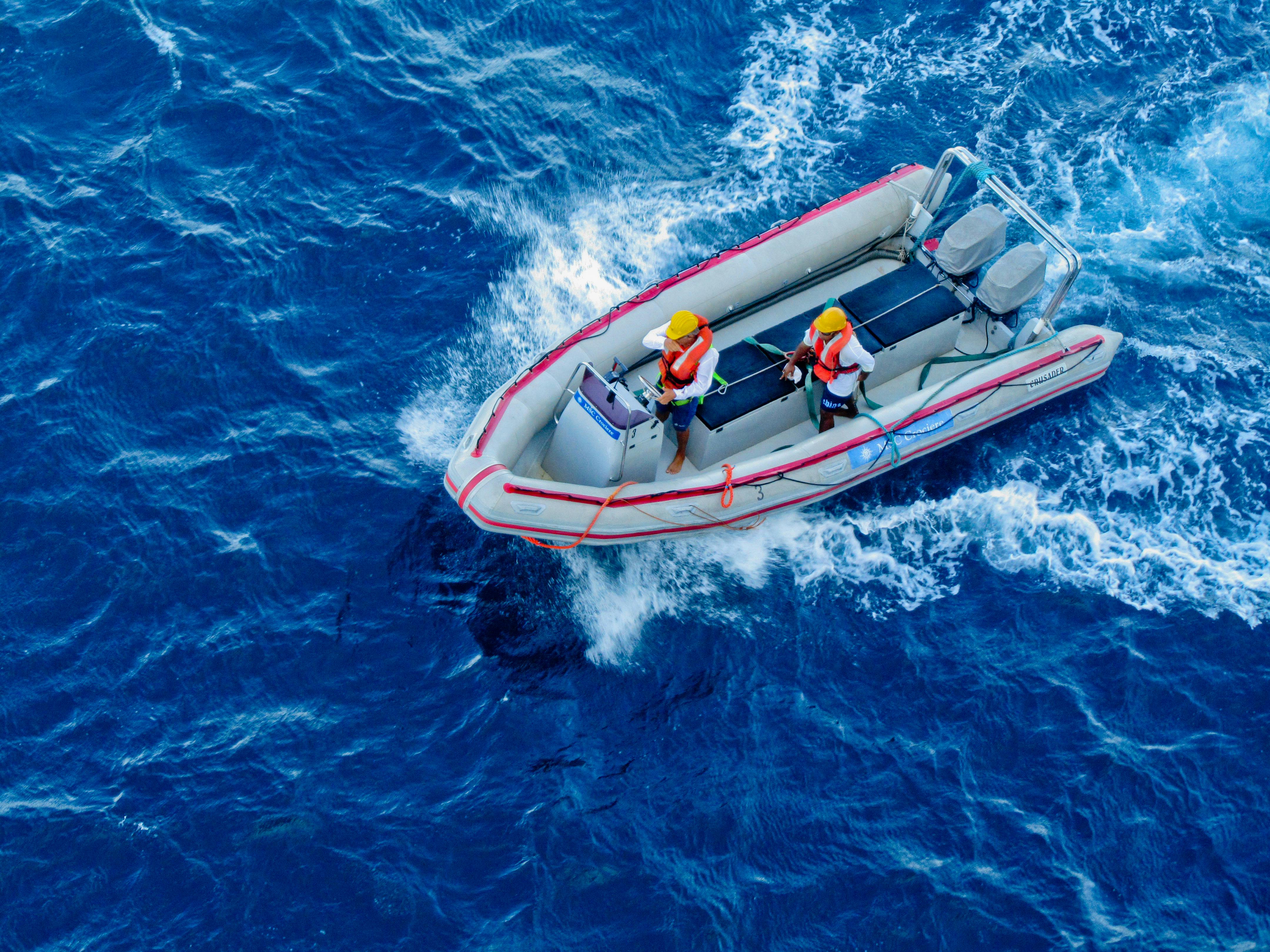Life-saving Connectivity: Maritime Search and Rescue
Connectivity Challenges in Maritime Search and Rescue Operations
Maritime search and rescue (SAR) operations face significant challenges in ensuring timely and coordinated responses to emergencies at sea. The vastness of the ocean, coupled with the often harsh and unpredictable weather conditions, complicates communication efforts, making it difficult to locate and assist vessels or individuals in distress. Traditional communication methods can be unreliable in such environments, leading to delays in rescue operations, which can significantly decrease the chances of survival for those in peril. The ability to quickly share information between ships, aircraft, and rescue coordination centers is critical for effective SAR operations.
Satellite Communications Enabling Efficient Maritime SAR
The integration of satellite communication systems, utilizing networks like Iridium, Inmarsat, and Globalstar, offers a powerful solution to overcome the connectivity challenges inherent in maritime SAR operations. These satellite networks provide reliable, global coverage, ensuring that communication remains possible even in the most remote ocean areas. By equipping SAR units with satellite communication devices, rescue teams can maintain constant contact with coordination centers, other vessels, and aircraft involved in the operation. This enhanced connectivity supports the rapid sharing of location data, weather reports, and other vital information, facilitating swift and coordinated rescue efforts.
Saving Lives and Strengthening SAR Operations
Implementing satellite communications in maritime SAR operations delivers significant benefits, primarily by increasing the efficiency and effectiveness of rescue missions. Enhanced connectivity ensures that distress signals are promptly received and acted upon, and that SAR teams can quickly locate and communicate with those in need of assistance. This not only increases the chances of a successful rescue but also enhances the safety of SAR personnel by enabling better situational awareness and decision-making in challenging conditions. Furthermore, satellite technology supports the integration of advanced SAR tools, such as Automated Identification Systems (AIS) and personal locator beacons (PLBs), further improving the ability to track and rescue individuals at sea. REgardless of specific gap covered, the adoption of satellite communications in maritime SAR operations plays a crucial role in saving lives and reinforces the global maritime safety framework.



